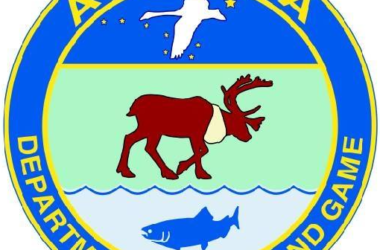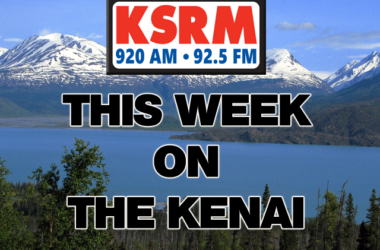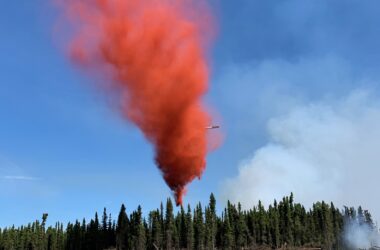The Alaska Department of Health and Social Services (DHSS) is making $2.8 million of federal Coronavirus Aid, Relief, and Economic Security (CARES) Act funding available to health care organizations that can offer crisis stabilization services and a safe location to individuals at high risk of transmitting COVID-19 in their communities.
DHSS is offering the funds in response to an increased need for places to isolate COVID-19 positive individuals who are at high risk of transmitting the virus and are unable or unwilling to isolate and receive care. These crisis stabilization centers will help to mitigate the impacts of COVID-19 and prevent further community transmission of the virus.
Bartlett Regional Hospital has already received $700,000 to begin providing 23-hour stabilization centers for any positive COVID-19 individuals who do not have a place to isolate. In the initial 23-hour period, the center will attempt to refer individuals out to a safe environment for isolating. If one cannot be identified, a short-term residential site will be provided for the duration of their isolation period.
The Division of Behavioral Health is in discussions with other health care organizations and providing technical assistance to determine the feasibility of offering these services in other parts of the state.
“Once again, having access to CARES Act funding makes it possible for DHSS to provide critical support to protect Alaskans from COVID-19,” said DHSS Commissioner Adam Crum. “Maintaining good public health practices and providing options to Alaskans who need it most is essential. I’m pleased Bartlett Regional has been able to stand up these additional services with such a short turnaround time.”
Crisis stabilization centers practice a no-wrong-door approach to providing a place for people to access mental health and substance use care outside of a hospital environment for less than 24 hours. These centers typically offer screening, evaluation, peer engagement and care coordination services to individuals who either walk in or are dropped off by first responders.
Disaster support for Haines
Bartlett Regional Hospital will also receive an additional $1.4 million to provide stabilization services in the community of Haines to assist with mitigating transmission of COVID-19 as they respond to the emergency in their community as a result recent storms, landslides and flooding. These support services will be provided in Haines, rather than at Bartlett Regional Hospital in Juneau, to meet the needs of people who may be displaced and to reduce shared housing or congregate settings where COVID-19 can spread more easily.
“Bartlett Regional Hospital is committed to providing crisis stabilization as part of its long-range planning efforts. This particular funding assists us in standing up the Crisis Now model service to provide in-patient and community-based crisis stabilization services in Juneau and Haines, while expanding our telehealth crisis services to the rest of Southeast Alaska,” said Bartlett Regional Hospital’s Chief Behavioral Health Officer Bradley Grigg. “We are ecstatic at this opportunity and look forward to serving our fellow Alaskans who were experiencing behavioral health crises during this time.”
The money may only be used for COVID-19 expenditures including personal protective equipment or environmental changes such as installing plexiglass barriers, staffing and security, and must be spent by Dec. 30, 2020.
About the CARES Act – The Coronavirus Aid, Relief, and Economic Security (CARES) Act was signed into law March 27, 2020. Under the act, state, local and Tribal governments receive payments through the Coronavirus Relief Fund to help their communities address financial and economic impacts of the COVID-19 pandemic. Payments from the Coronavirus Relief Fund are required to be used only to cover expenses that:
- Are necessary expenditures incurred due to the COVID-19 public health emergency;
- Were not accounted for in the budget most recently approved as of March 27, 2020 for the state or government; and
- Were incurred between March 1, 2020 and Dec. 30, 2020.






